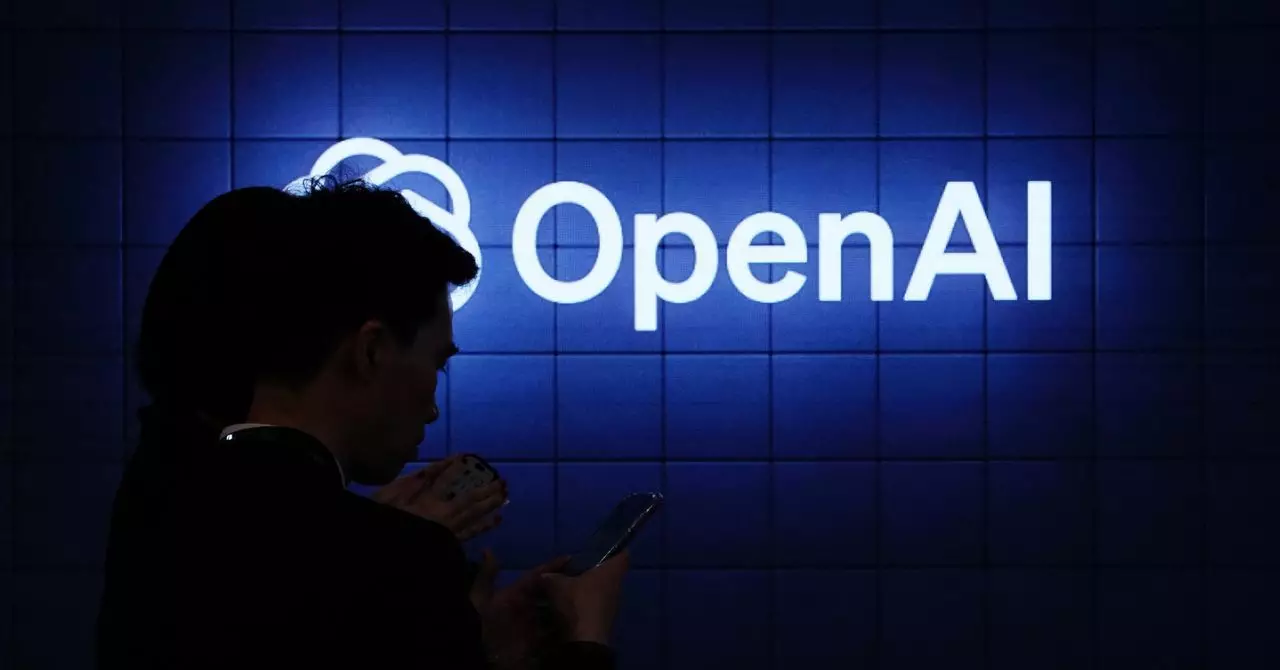The rapidly evolving landscape of artificial intelligence has ignited an intense battle for top-tier talent between industry giants. Recently, four prominent OpenAI researchers—Shengjia Zhao, Shuchao Bi, Jiahui Yu, and Hongyu Ren—have made the striking decision to leave OpenAI for Meta’s burgeoning superintelligence team. This movement marks a significant escalation in the ongoing race to develop artificial general intelligence (AGI), highlighting not just the competitive nature of AI research but also the lengths to which companies will go to secure intellectual capital.
What’s particularly revealing is the aggressive recruitment strategy deployed by Meta, reportedly involving staggering offers including $100 million signing bonuses, according to OpenAI CEO Sam Altman. This points to a broader trend in the AI sector where well-funded companies leverage financial might to attract the best minds rather than purely relying on mission-driven recruitment or innovation culture. Despite such offers, Altman emphasizes that none of OpenAI’s “best people” have accepted these deals, suggesting a possible ideological or cultural barrier beyond mere monetary incentives.
Key Minds Behind Cutting-Edge Innovations
Examining the profiles of the departing researchers underscores the depth of talent that Meta is acquiring. Hongyu Ren has played a pivotal role post-training OpenAI’s mini o3 and o4 models, leading refinements that are critical to improving model performance after initial training. Shengjia Zhao, a key contributor to GPT-4, embodies the elite deep learning expertise Meta now possesses. Jiahui Yu brings valuable experience from Google DeepMind, one of the other major players in AI research, hinting at a cross-pollination of ideas and approaches. Meanwhile, Shuchao Bi managed multimodal models at OpenAI, a growing area of interest that combines language, image, and other data types for richer comprehension.
This talent infusion not only strengthens Meta’s technical capabilities but also signals its intent to seriously contend with OpenAI, Anthropic, and Google. It reflects the shifting power dynamics within AI research where Meta, once perceived as a social media giant, is reinventing itself as a formidable AI powerhouse.
Bigger Implications for the AI Ecosystem
The departure of top researchers also raises critical questions about the sustainability and culture within OpenAI. The company has experienced multiple exits—such as the recent loss of researchers in its Zurich office—highlighting potential challenges related to retention amid fierce poaching attempts. Beyond financial incentives, factors like research freedom, corporate mission alignment, and working environment may increasingly determine where the brightest minds choose to contribute.
At the same time, this talent tug-of-war underscores the stakes of AI development. With AGI promising to revolutionize industries and society at large, the race is not just about technological breakthroughs but the assembly of visionary teams capable of responsibly guiding such transformative capabilities. Given these developments, the AI sector is poised to evolve through a combination of rapid innovation, strategic recruiting, and high-stakes corporate rivalry—each shaping the trajectory of the technology and its impact on the world.

